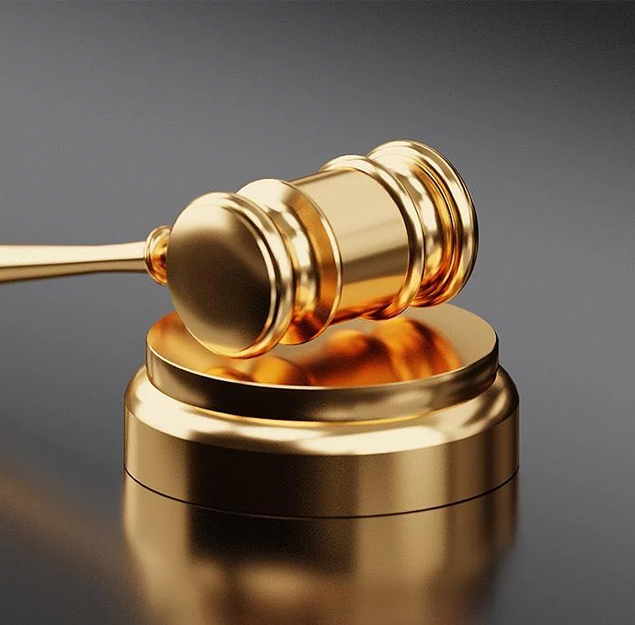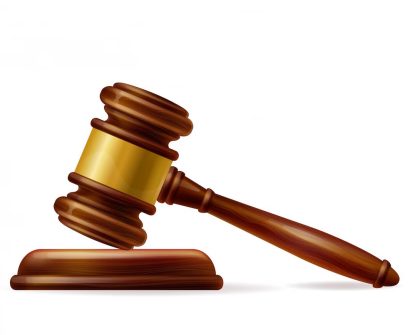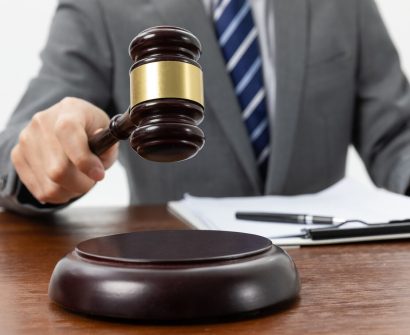
The line that separates defamation from expression in the framework of free speech can often be hazy. Although individuals are free to express their thoughts and condemn others, certain legal restrictions have to be followed. One such boundary that must be carefully navigated between maintaining one’s reputation and safeguarding the right to free speech is the one associated with criminal defamation.
Criminal Defamation
- The primary characteristic that sets apart a criminal case from a civil defamation action is the goals that each seeks to achieve.
- To be more precise, Indian law defines criminal defamation in detail in Section 499 of the Indian Penal Code (IPC).
- Criminal defamation requires malice. Malice is defined as the deliberate, unjustified commission of a wrongdoing with the aim to injure other people.
- The phrase does not always convey animosity toward the speaker personally, malice or spite, or any other kind of negative emotion. Instead, it concentrates on the mental condition that recklessly disregards both the legal rights of individuals and the law as a whole.
what is criminal defamation?
- Section 499 of the Indian Penal Code 1860 codifies the laws of criminal defamation.
- In order to be covered by this section, someone must have made an imputation about another person with the intent, knowledge, or reasonable belief that the imputation will damage the reputation of the target of the imputation.
- This impersonation may take the form of words, signs, or tangible representations, and it may be done publicly or privately.
- A distinction is made between creating an imputation and publishing it: in the former case, the imputation is communicated to the person in question alone, whereas in the latter case, it is communicated to a third party.
is defamation a criminal offence?
It is illegal to defame someone in both civil and criminal contexts.
- The Law of Torts in civil law punishes defamation by requiring the claimant to receive damages as compensation.
- Defamation is a non-cognizable, compoundable, and bailable offense under the criminal code.
Defamation: Essentials
In India, there are three primary components to defamation. These are listed as follows:
- It is possible for words, signs, or visual representations to produce defamation.
- The written or spoken charges pertaining to some personal cause defamations are represented by words, signs, or outward manifestations.
- If the information is sent or published knowing that it will probably damage the reputation of the person it affects, or with the purpose of damaging that person’s reputation.
civil defamation and criminal defamation: Key Differences
The difference between civil and criminal defamation is as follows:
- Civil law governs defamation cases, and the victim of the defamation may seek redress from the offender in a trial or high court and damages in the form of monetary compensation.
- On the other hand, the Indian Penal Code allows the victim of defamation to sue in a criminal court and, should the charges against the accused be found to be true, get a jail sentence as punishment. Because it is a bailable, non-cognizable, as well as compoundable offense, the court must provide authorization before any police can register a case and begin an investigation.
criminal defamation case Laws
- In the Subramanian Swamy case, in 2014, Dr. Subramanian Swamy accused Ms. Jayalathitha of being corrupt. Later on, he was the target of defamation actions brought by the Tamil Nadu State Government. Subsequently, Sections 499 and 500 of the Indian Penal Code (IPC) were contested by Dr. Swamy and other well-known Indian politicians. Justices Dipak Misra and P. C. Pant made up the two-judge Supreme Court panel that decided the case.
- In the case of B.R.K. Murthy v State of AP, the newspaper’s editor made disparaging remarks that included falsehoods without giving them enough thought or making an effort to confirm them before publishing them, and she did not do so in a sincere effort to do so. The accused was declared guilty by the court on the grounds that the charges made against him under Sections 500, 501, and 502 of the IPC and Section 34 of the IPC, 1860 were true.
Both civil defamation and criminal defamation originate from entirely different areas of the law; criminal defamation is covered by Section 499 of the Indian Penal Code, while civil defamation falls under the purview of tort law. When someone files a civil lawsuit for defamation, they anticipate receiving financial recompense, yet the case is still considered libellous; in contrast, criminal defamation results in jail time and fines. The laws and regulations pertaining to each form of defamation have different applicability.
Criminal Defamation FAQs
- What are the requirements for criminal defamation?
The element of criminal intent is necessary for criminal defamation. The prosecution has to demonstrate that the defamer intentionally made the false remark in order to damage the victim’s reputation.
- What is the burden of proof in criminal defamation?
The Indian Penal Code (IPC) defines and punishes criminal defamation in sections 499-502. Burden of Proof, unlike in civil proceedings, the prosecution has a higher burden of proof, proving the offense beyond a reasonable doubt.
- What is the limitation of criminal defamation?
In accordance with criminal law, Defamation is a non-cognizable, compoundable offense that is subject to bail. The three-year statute of limitations applies to filing a criminal defamation complaint after learning of the offense.
- Why is defamation a criminal offence?
Whoever makes or publishes any defamatory statement about another person with the intent to damage that person’s reputation, knowing or having cause to suspect that such a claim will damage that person’s reputation, whether by spoken or written words, signs, or visual representations.
- Can civil and criminal defamation be filed simultaneously?
It is possible to file both civil and criminal lawsuits for defamation at the same time. The start of criminal defamation proceedings is not prohibited by the filing of a civil complaint for damages.
- Who is the defendant in a defamation case?
For damages, the person who was defamed (the “plaintiff”) may file a lawsuit against the person who committed the defamation (the “defendant”).
- What is an example of criminal defamation?
Since the statement is untrue, damages B’s reputation, is publicized, and was made with the purpose of causing injury or knowing that it was untrue, A satisfies the requirements for defamation. X informs Y, without providing any proof, that Z, a prominent politician, is engaged in corrupt activities.
- What is the time limit for criminal defamation case in India?
The Code of Criminal Procedure states that the statute of limitations in criminal defamation prosecutions is three years from the date of the offense.
- Is truth a defense to defamation?
Truth, or significant truth, provides a full defense against a defamation lawsuit. Who is responsible for establishing what is true is the only true problem.
- Which coaching is best for judiciary?
The most effective judiciary coaching in Jaipur is provided by Jyoti Judiciary Coaching. The objective is to create a comfortable learning environment for the students. It makes the difficult task seem easy, which increases the likelihood of achieving the desired outcome. The objective at Jyoti Judiciary is to give students the best possible education possible. The Institute pledges to use every resource at its disposal to provide you with the finest preparation for the Judicial Services entrance examinations.
- Which coaching is best for RJS preparation?
Renowned Jaipur coaching program “Jyoti Judiciary Coaching” aids students in getting ready for the RJS exam. The finest online and offline RJS coaching program in Jaipur, Jyoti Judiciary, enables a methodical approach to preparing for the RJS examination. Their curriculum has been carefully designed to cover all the subjects and courses necessary for passing the Rajasthan Judicial Services Exams.
With the goal of giving students the best coaching available for law entrance exams including the CLAT, AILET, and various other numerous state judiciary exams, Jyoti Judiciary Coaching, India’s Finest educational Platform, was established. Come enrol now with Jyoti Judiciary!
For any latest news, legal topics, judiciary exams notifications, patterns, etc watch Jyoti Judiciary’s YouTube channel for legal videos for any updates at https://youtube.com/@jyotijudiciarycoaching4852?si=2cwubh9d2A9urwJf










